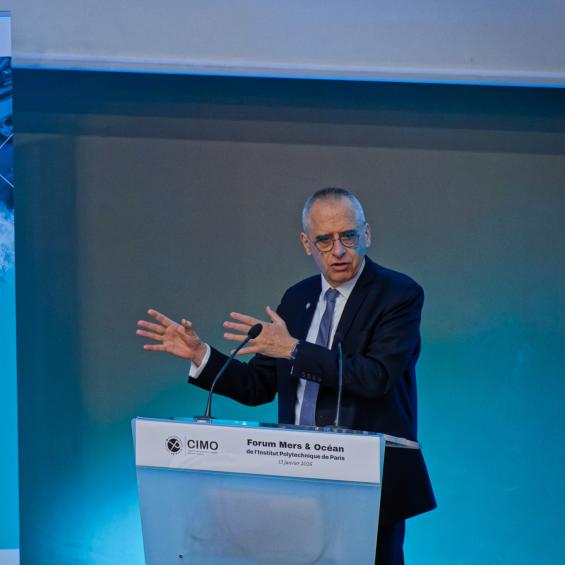"Impact Native": when sustainability is at the heart of entrepreneurship

More and more entrepreneurs aspire to launch innovative startups to address social and environmental issues: noble aspirations that often find themselves faced with a number of difficulties when it comes to actually measuring their impact. These main difficulties stem from the maturity of their business, the unstable nature of startups, a lack of human and financial resources, a lack of knowledge about impact measurement, and data access issues. Moving away from traditional entrepreneurship with purely economic objectives, these startups are also setting themselves environmental and social objectives: they are what we call "impact startups".
Faced with the difficulty of measuring impact, what are the practices of these "impact startups"? How do different entrepreneurial strategies (social, environmental or impact entrepreneurship) influence the whole process, from idea generation to marketing? In their two-year study of a French incubator, Alice Carle and Thierry Rayna explored these questions and followed the progress of 8 impact startups.
Impact Native vs Sustainable Transitioning Startups
The study reveals two types of trajectory followed by these young companies in their early years. On one side, "Impact Native" startups aim for a triple bottom line (economic, social and environmental) since their creation, while on the other, "Sustainable Transitioning" startups initially aim for a dual impact (economic on one hand, and social or environmental on the other), before integrating the third dimension.
For impact-native startups, the triple aim is present right from the ideation phase. This is reflected in the design of the business model, through the company's values, but above all in the choice of stakeholders. Very early on, they start to define economic, social and environmental performance indicators. "Spending this much time on impact for young start-ups has a cost. It's something that managers want to do, and they commit to measuring impact without being sure of the benefits it will bring to the company. They do it out of conviction", says Alice Carle. But this advance enables these startups to have a clear vision of their SIA (Sustainability Impact Assessment) - an approach that consists of identifying, structuring and evaluating the impact of the company's past, present and/or future actions on sustainability - and to promote their impact, in particular through specific certifications, such as B Corp.
Meanwhile, startups created with a dual objective only fully explore sustainability issues (economic, social and environmental aspects) later in their development, driven by internal and external motivations. They then have to change their foundations, a change that is often perceived negatively by their stakeholders. So-called "sustainable transitioning" startups face delays, limited knowledge, practices and resources, as well as governance concerns. Thus, a few years after their creation, their approaches to measuring impact are less robust than those of impact-native startups. As explained by Alice, "These startups often have a pragmatic approach, and prioritise issues according to the demands of their stakeholders. However, they find themselves in difficulty because their foundations are not built on triple objectives. As a result, they are less credible and less well-equipped than impact-native startups".
The study shows that there is an interdependence between the quality of impact measurement and entrepreneurial processes, and highlights the importance for both current and future entrepreneurs to invest their time in understanding expectations, in order to build robust and sustainable impact startups. "Entrepreneurs interested in impact are asking 'where do I start?' It is too early to say whether impact-native startups will perform better economically than those in transition. The study focuses above all on the trajectories and risks associated with each approach. It reveals that impact measurement cannot be improvised, and that its quality will be all the more important the earlier the startup invests in the subject", concludes Alice.
Study conducted by:
- Alice Carle – i3-CRG*, École polytechnique, IP Paris, France
- Thierry Rayna – Chaire Technology for Change & i3-CRG*, École polytechnique, IP Paris, France
*I³-CRG : a joint research unit CNRS, Mines Paris - PSL, Télécom Paris, École polytechnique, Institut Polytechnique de Paris, 91120 Palaiseau, France
[1] Carle A, Rayna T. Where to start? Exploring how sustainable startups integrate sustainability impact assessment within their entrepreneurial process. Journal of Management & Organization. Published online 2023:1-17. doi:10.1017/jmo.2023.46























![[REFLEXIONS] Justice is key to successful energy transition](/sites/default/files/styles/actualite_liste/public/actualites/images/2026-01/Article%20_Energy%20Justice_%20-%20C%C3%A9line%20Guivarch.png?h=802ccbad&itok=atCAvrcB)